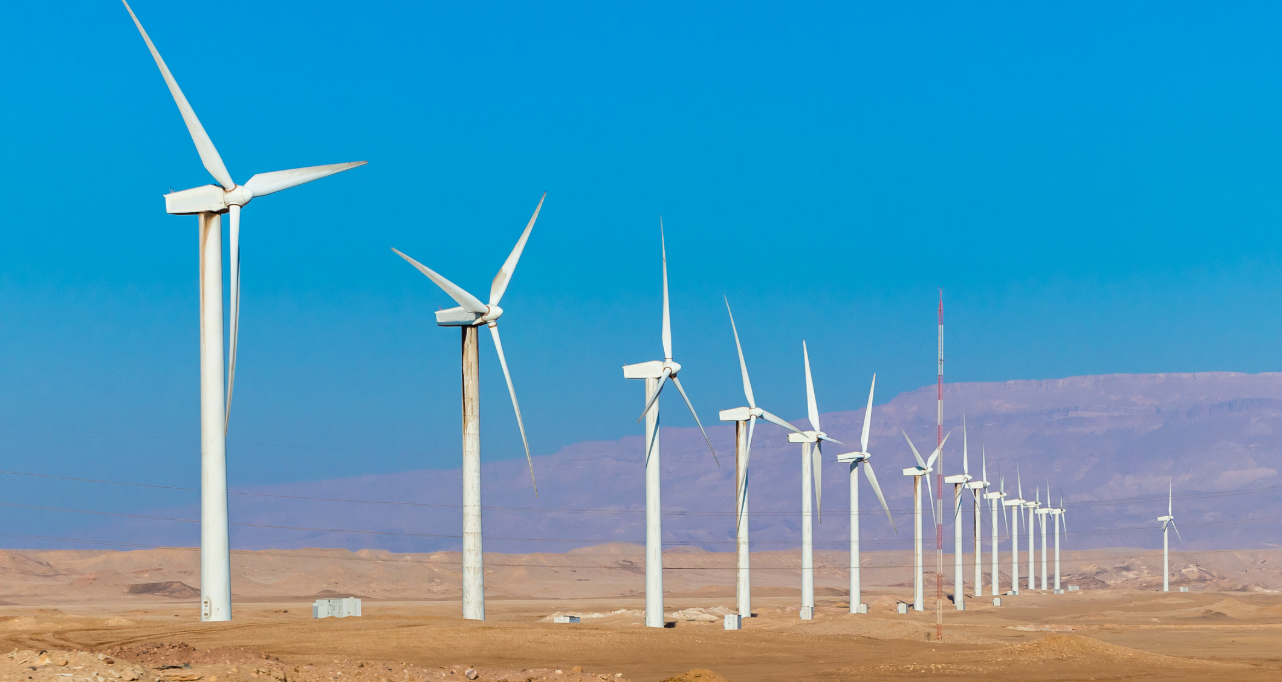Who we are
Overview: about the EBRDWho we are
Overview: about the EBRD
Our story
Learn about the EBRD's journey to investing more than €220 billion in over 7,800 projects.
- Our background and history
- Our organisation
- Our values
- Strategies, governance and compliance
- Project accountability
What we do
Overview: how the EBRD operatesWhat we do
Overview: how the EBRD operates
How we deliver systemic impact
Across three continents, the EBRD supports the transition to successful market economies.
- Where we work
- Products and services
- Sectors we work in
- Our projects
- Focus areas and initiatives
- Economic research
Work with us
Overview: how you can work with the EBRDWork with us
Overview: how you can work with the EBRD
What we offer for businesses
We draw on three decades of regional knowledge and financial expertise to tailor our products and approaches to each client's needs.
- Businesses
- Investors
- Donors
- Researchers
- Civil Society
- Alumni
- Nominee Directors
- Trade finance
- Careers
EBRD supports Egypt with first private-to-private electricity contracts
Author: Nibal Zgheib

- Egypt approves first private-to-private green energy contracts for 400 MW
- New pilot scheme enables direct power sales from producers to industries
- EBRD supports EgyptERA with regulatory design and market implementation
Energy market reform is taking a major step forward in Egypt as the government approves the first bilateral power purchase agreements between private generators and consumers. As part of a pilot of the private-to-private (P2P) rules, developed with technical support from the EBRD to the Egyptian Electric Utility and Consumer Protection Regulatory Agency (Egypt ERA) and approved last year, four renewable energy projects with a combined capacity of 400 MW have been approved to contract directly with end-consumers of electricity.
The four approved projects are:
- KarmSolar, which will develop a 100 MW solar plant to supply electricity to Suez Steel.
- AMEA Power, which is building a solar facility of the same size to serve BEFAR Group and the Suez Canal Container Terminal.
- TAQA PV, which will install 100 MW of hybrid capacity (solar and wind) to power operations at Ezz Steel.
- Enara, developing a hybrid plant to deliver 100 MW to the El Alamein Silicone Products Company and Helwan Fertilizers.
The P2P rules set out the conditions under which generators can use the power grid to sell electricity directly to consumers, a major departure from the existing single-buyer model and a significant step forward in Egypt’s efforts to liberalise its electricity market – a goal set out in the 2015 Electricity Law.
This approach introduces competition into the electricity sector, expands consumer choice and promotes private investments in renewable energy. It also introduces a path for Egyptian businesses, especially those that are energy-intensive and focused on the export market, to sign agreements directly with renewable energy producers that are increasingly required to prove their low carbon product credentials, for example green hydrogen destined for the European market.
Furthermore, given the electricity generation under these contracts will be entirely privately financed, the P2P scheme represents an important route for Egypt to scale up electricity production without the need for government contracts.
Mark Davis, the EBRD’s managing director for the southern and eastern Mediterranean region, said: “This milestone shows how the right regulatory framework can unlock private investment and drive the energy transition. By enabling companies to procure green electricity directly from producers, Egypt is opening new opportunities for industry and enhancing its competitiveness. We are proud to have supported EgyptERA in designing this pioneering scheme and will continue working closely as projects move towards implementation.”
Dr Mohamed Mousa Omran, the chairman of EgyptERA, said: “This pilot marks an important step towards a more competitive electricity market in Egypt. By enabling direct agreements between producers and consumers, we are creating space for the private sector to play a greater role in meeting the growing demand for clean energy in Egypt. This is essential for accelerating the deployment of renewables at scale and achieving our long-term energy goals.”
The EBRD’s technical support is generously funded by the Swiss State Secretariat for Economic Affairs (SECO), a key partner for the Bank in many of its ongoing policy engagements that aim to decarbonise the energy sectors of its countries of operation.
This work is being delivered under the EBRD’s Renewable Energy Programme, which is currently supporting 16 countries in their development of market-based mechanisms to mobilise private investments. To date, activities under this programme have delivered over 8,500 MW of renewable energy capacity being awarded in 8 countries.
